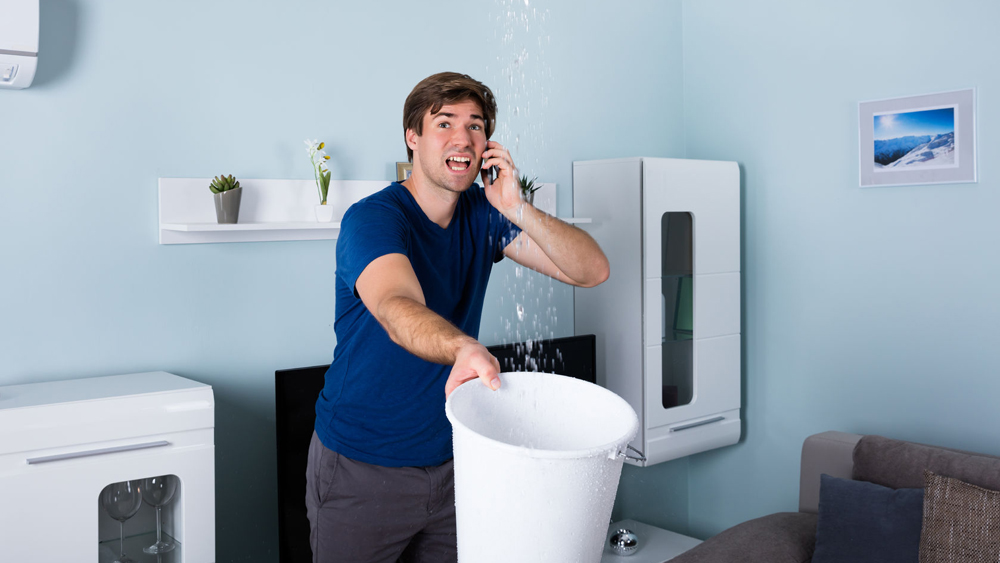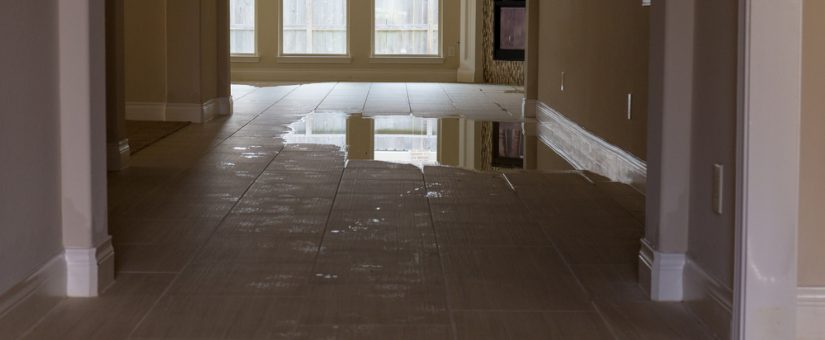Your House's Primary Typical Water Leak Causes: Examination
Your House's Primary Typical Water Leak Causes: Examination
Blog Article
Each person has their private conception on the subject of How to Find Water Leaks.

Leaks not just create waste of water yet can additionally create unneeded damages to your house as well as promote unwanted natural development. Unfortunately, water leakages could go undetected considering that the majority of the pipework in our house is hidden. By understanding and looking for everyday scenarios that create leaks, you can protect your home from future leaks and also unneeded damage. Today, we will take a look at 6 leakage causes that may be creating your pipelines to leak.
Encroaching origins
Most water leakages start outside your house instead of inside it. If you notice an abrupt reduction in water stress, state in your tap, require time to go out as well as analyze your lawn. You could observe wet spots or sinkholes in your yard, which might indicate that tree roots are attacking water lines causing water to permeate out. You can have your plumber check for invasion, specifically if you have trees or bushes near your home.
Corroded water systems
This may be the reason of staining or warping on your water pipelines. If our plumbing system is old, consider replacing the pipes since they are at a higher risk of deterioration than the newer models.
Faulty Pipeline Joints
The factor at which your pipelines attach is regularly the weakest web link in the waterline. Pipeline joints can deteriorate over time, resulting in water leaks. The bulk of pipeline joints are not quickly noticeable. If you have loud pipelines that make ticking or banging sounds, especially when the hot water is turned on, your pipe joints are possibly under a great deal of pressure. It is a good idea to have your plumber inspect your system yearly.
Immediate temperature level changes.
Severe temperature level adjustments in our pipes can cause them to expand and get all of a sudden. This expansion and tightening might cause fractures in the pipes, particularly if the temperature are below freezing. It would be best if you watched on exactly how your plumbing works. The visibility of the previously mentioned conditions often suggests a high risk.
Poor Water Connectors
At times, a leak can be caused by loosened tubes and pipelines that supply your appliances. Most of the time, changing is what creates the loosened water Links. You may find when it comes to a washing maker, a hose may spring a leakage because of trembling throughout the spin cycle. In case of a water connections leakage, you may observe water running straight from the supply line or puddles around your home appliances.
Obstructed Drains
Obstructed drains pipes might be bothersome and also inconveniencing, however they can often end up causing an overflow leading to burst pipes. Maintain removing any type of materials that may go down your drains that can obstruct them to stay clear of such inconveniences.
All the above are causes of leakages however not all water leakages arise from plumbing leakages; some leaks may come from roofing system leakages. All leakages should be repaired instantly to prevent water damages.
Leakages not only trigger waste of water but can also cause unneeded damages to your residence as well as advertise undesirable organic growth. By looking as well as recognizing for day-to-day scenarios that trigger leaks, you can safeguard your home from future leaks as well as unnecessary damage. Today, we will look at six leakage creates that might be creating your pipelines to leak.
At times, a leak can be caused by loose pipes and also pipelines that provide your devices. In situation of a water links leak, you might see water running directly from the supply line or pools around your appliances.
Tell-Tale Signs of a Water Leak
The Sound of Running Water
If you’re hearing water running, your first step should be to check your faucets, toilet valves, and outdoor spigots. If everything if status quo, take an exact reading of your water meter and don’t use the water for a few hours. Then, take another meter reading. If there has been no change, that means water is not running (and maybe it’s time to have your hearing checked!). If the reading has changed, however, this indicates that water is indeed flowing and you most likely have a leak.
Wet or Damp Floors
You’re walking across your carpet and suddenly squish—your sock is soaked! The dog doesn’t look guilty and your child swears they didn’t spill anything. That means you’re likely looking at sewer leakage. Now, it’s easy to just soak it up with a towel and call it a day; however, this won’t stop the leak. Ignoring the problem allows moisture to build up, ultimately causing mold or mildew. Not only is this smelly, it can be very toxic and harmful to children, the elderly, pets, and those with weak immune systems. Don’t risk the health of your home and your family—call in a professional to take care of the problem.
Foul Odors
If there’s an unpleasant smell in your home and you can’t locate the source, don’t just light a candle or spray some Febreze. Funky smells are often due to mold and mildew, which spread fast under ideal conditions (optimal temperature and level of humidity). Growth begins within about 24-48 hours, and spores start to colonize in 3-12 days, becoming visible to the eye within about 18 days. If you think the odor is leak-related, get a plumber out as soon as possible to mitigate damage from rapid fungi growth (and rid your home of the foul odor).
Overgrowth in the Lawn
Unless you didn’t fertilize your lawn evenly, a lush patch of grass in a select area of your lawn, or concentrated wet spots, indicate pipe leakage which is acting as a fertilizer. Left untreated, hazardous bacteria in the underground waste will quickly turn into a messy situation, going from lush growth to lawn destruction.
Wall Cracks
Over time, even the littlest of leaks can cause cracks in the foundation of your home and compromise the entire structure. How does it happen? The leak continues hammering away at the same spot in the ground beneath your home, eventually causing it to shift slightly. Now, you’d never feel this shift, but your walls will. This can be a very dangerous situation, so if you’re seeing vertical or diagonal cracking in your walls it’s best to call a plumber right away.
https://www.expresssewer.com/blog/6-telltale-signs-of-a-water-leak-in-your-home

I have been very enthusiastic about Common Water Leaks In House and I really hope you appreciated the entry. Are you aware of another person who is fascinated about the subject? Why not promote it. Thanks a lot for your time. Don't forget to check up our website back soon.
Call Today Report this page